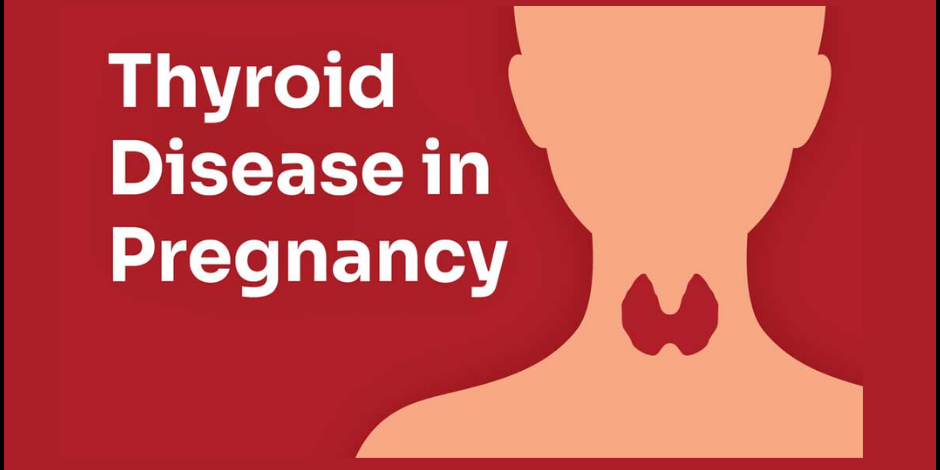In this article, we will take a quick look at how the thyroid hormone can affect your pregnancy. Please keep in mind that you should not take any medications on your own before reading this article. Although some medicines are ubiquitous and may not cause any problems, why take the chance? Inquire with your doctor about the best thyroid medications to take during pregnancy.
At Hiremath Hospital, Dr. Bharati Hiremath one of the best gynecologist in pune , provides effective thyroid treatment in pregnancy. Due to her expertise and competence, patients recommend visiting her in pregnancy or treating other gynecological conditions.
Keep reading this article to learn more about thyroid hormone, its types, symptoms, and connection with pregnancy.
First, let’s know,
What is the thyroid gland, and where is it located?
The thyroid gland is shaped like a butterfly and is located in the neck region. Thyroid Stimulating Hormone (TSH) is released after the gland gets signals from the brain. This area mainly controls the secretion of T3 and T4 hormones.
Let’s discuss,
Types of Thyroid Disorders
1. Hyperthyroidism
Hyperthyroidism is a condition that affects a small percentage of women. It is a rare occurrence. But the severity of the problem is critical. When the thyroid gland secretes too many T3 and T4 hormones, the brain receives a negative signal to reduce thyroid hormone production.
Symptoms
- Anxiety
- Problems with anger management
- Diarrhea, constipation, and other stomach problem
- Increase in heart rate
2. Hypothyroidism
When the T3 and T4 levels drop, a positive signal is sent to the brain, which causes the thyroid level to rise to stimulate the gland. People commonly suffer from Hypothyroidism, which is caused by a lack of iron. Other variables, such as a stressful lifestyle, may also play a role in hypothyroidism.
Symptoms
- Extreme skin dryness
- Hair thinning
- Weight gain
- The body becomes restless and slow.
- Constipation
Now, let’s discuss,
Is there a link between thyroid and pregnancy?

Yes, indeed! Thyroid hormone affects the developing infant. That’s why the doctor does routine examinations to check on various factors, including the thyroid. There have been cases where gynecologist have identified patients with thyroid disease despite having no symptoms.
The following are some of the health problems that a woman or infant may have as a result of having thyroid in their system:
- Gestational hypertension – It is a disorder that affects women after they reach the twenty-week mark of their pregnancy and lasts until the baby is born.
- Red blood cell deficiency – It causes oxygen transportation problems throughout the body.
- Abruption of the placSenta
- Low birth weight of the baby
- Intellectual difficulties, dwarfism, and other problems are linked to hypothyroidism and can be seen in babies.
- Miscarriage or stillbirth
How to regulate thyroid in pregnancy?
You must realign your lifestyle, or make some considerable modifications in your entire lifestyle, in addition to taking the medications suggested by your doctor. Let’s get started!
- First and foremost, make sure that exercise is part of your everyday routine. You are making a huge error if you do not exercise daily. You can at the very least include a half-hour of walking. If you are able and your body allows it, try some other workouts as well.
- We recommend consulting a gynecologist in this case, as they will be able to better identify and advise you on the type and amount of activity you should do at this time.
- Feel free to include foods like green tea, salads, and two eggs per day if you are a non-vegetarian. Also, broccoli and cabbage should be avoided. These foods would regulate thyroid gland production.
- Always seek the advice of your gynecologist when it comes to vitamins. There are several supplements that you can get without a doctor’s prescription, such as cod liver oil capsules, chia seeds, prime rose oil, and so on.
Keep in touch with a gynecologist frequently during your pregnancy to ensure that your hormone levels are balanced. Aside from that, the suggestions mentioned above are a perfect way to start when it comes to managing your thyroid during pregnancy.







